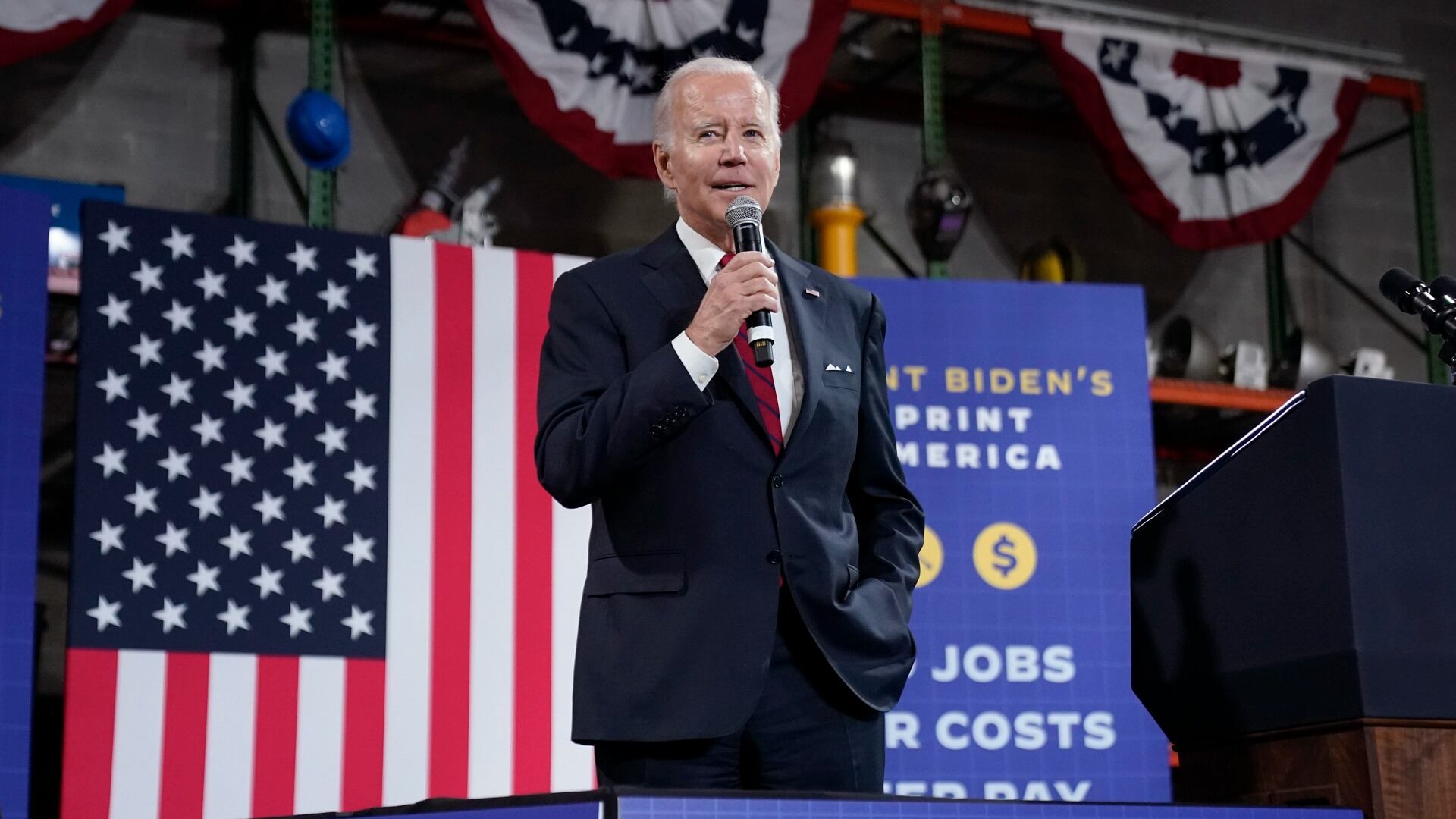The White House is urging Congress to pass President Biden's aid package for Ukraine warning that the U.S. will be out of funding by the end of the year.
Share:
More In Politics

Heavier Electric Vehicles Like Tesla Model Y Now Qualify for Federal Tax Benefit as SUVs
The U.S. Treasury Department has changed the standard for what kind of electric vehicles qualify for a federal tax benefit under the Inflation Reduction Act.

Rep. George Santos Says He Wants Off of Committees
New York Republican Rep. George Santos is temporarily stepping down from his congressional committee assignments amid ongoing investigations surrounding his fabrications.
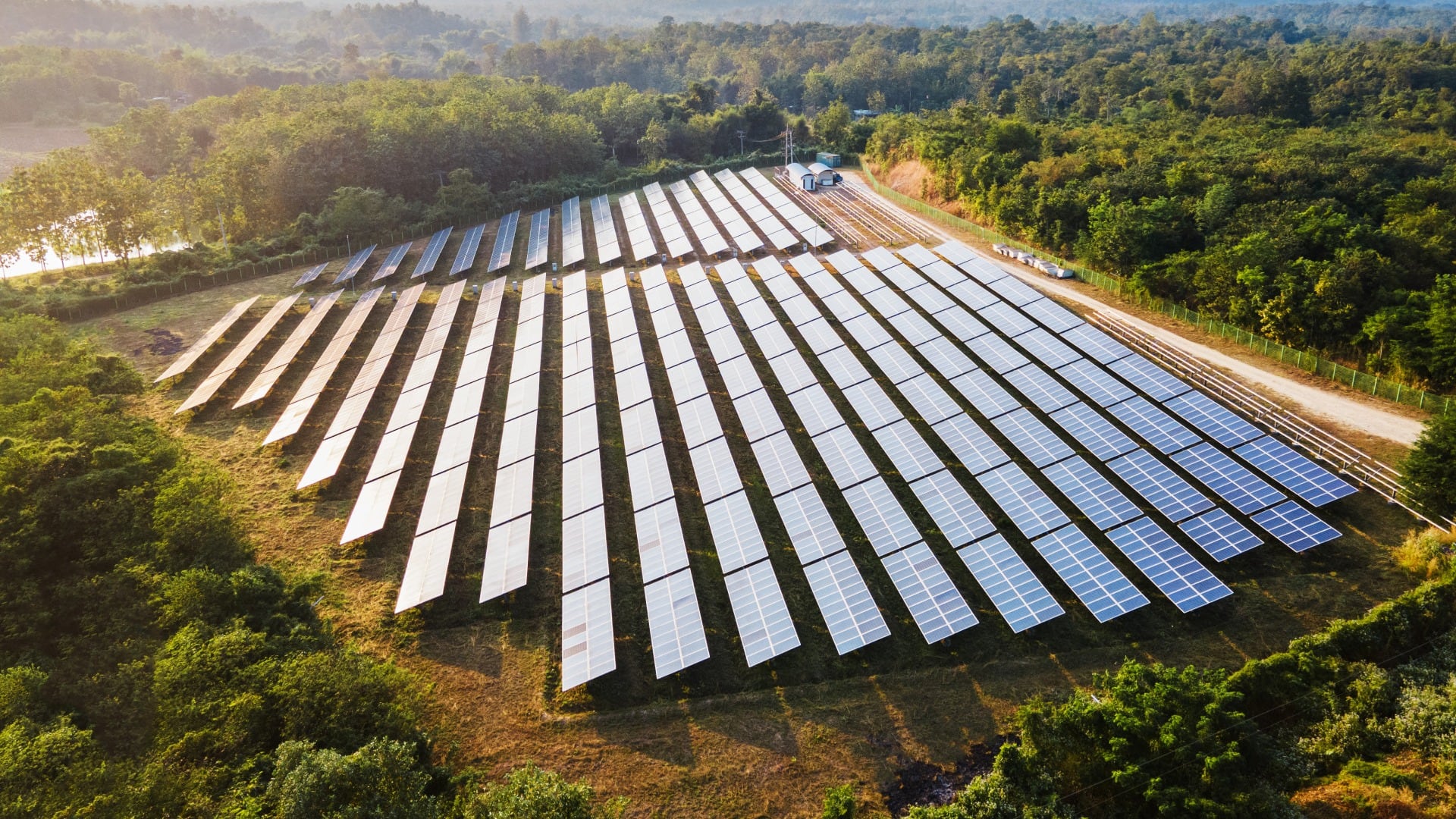
Amid 'Energy Trilemma,' BP Predicts Fossil Fuel Use Will Plummet by 2050
British energy giant BP predicts that fossil fuels as a primary energy source will decline from 80 percent in 2019 to between 55 and 20 percent in 2050.
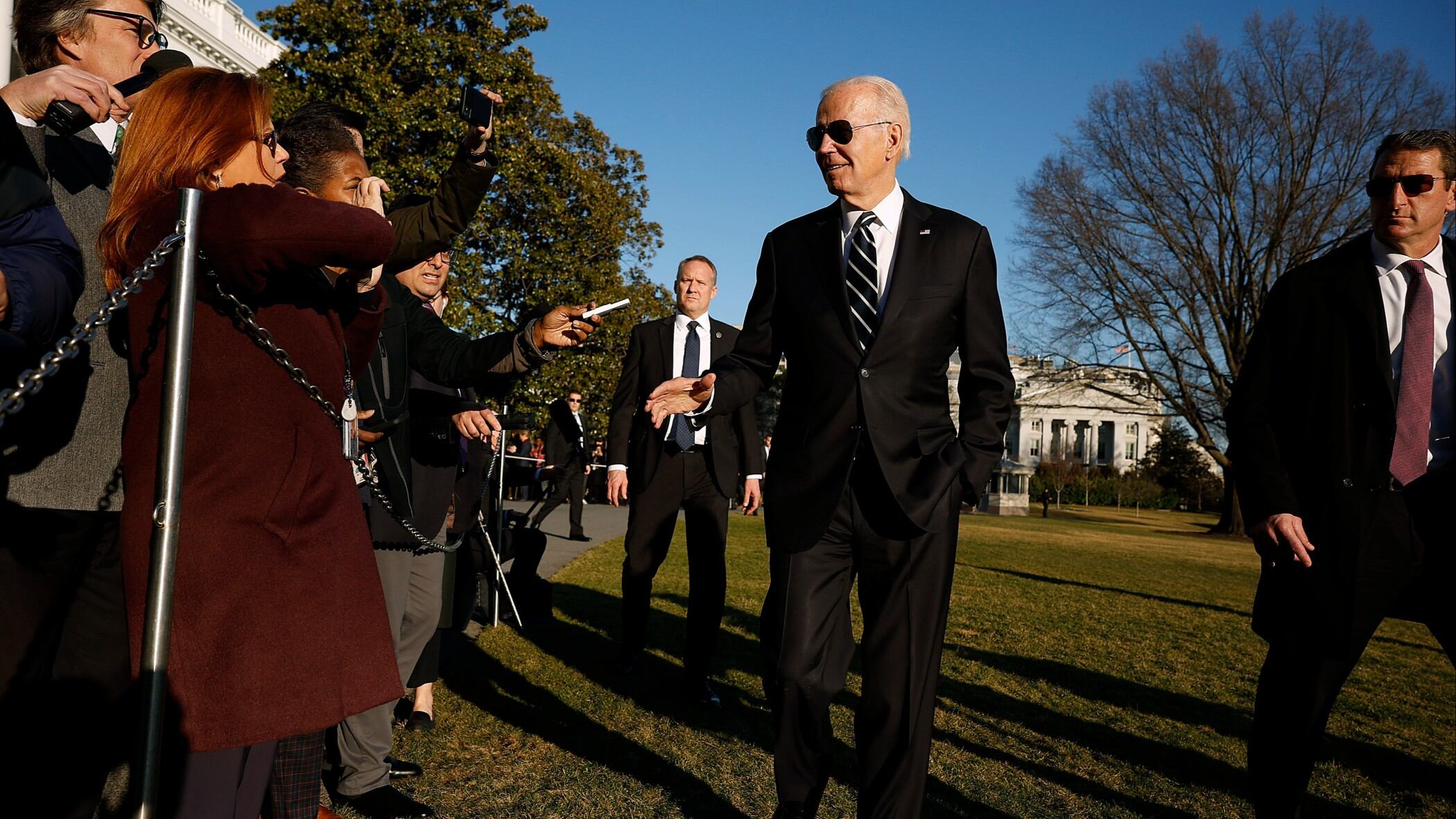
Biden to End COVID-19 Emergencies on May 11
The costs of COVID-19 vaccines are expected to skyrocket once the government stops buying them, with Pfizer saying it will charge as much as $130 per dose, and millions of people are expected to be kicked off of Medicaid.
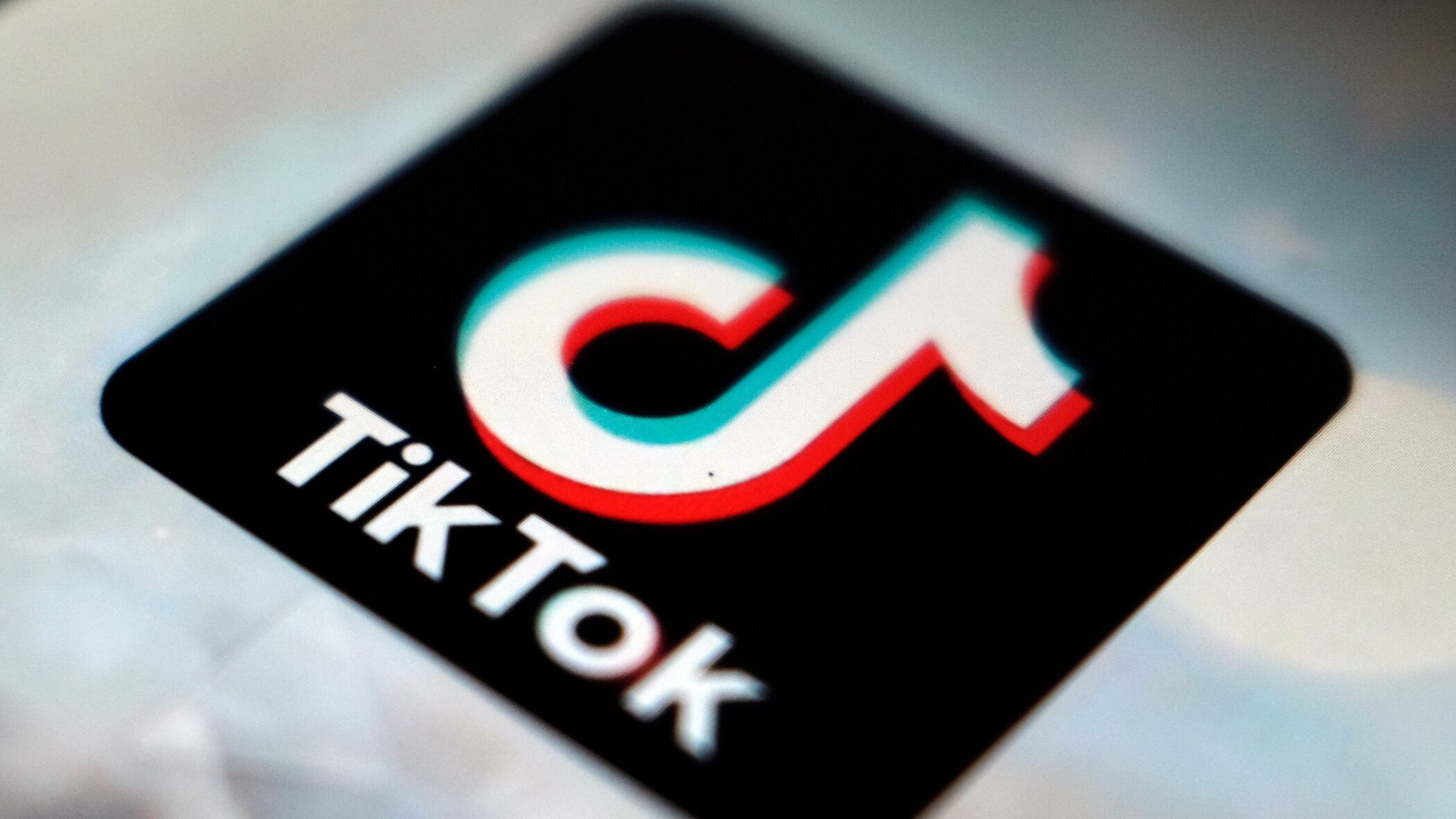
TikTok CEO Set To Testify Before Congress
TikTok CEO Shou Zi Chew will testify before Congress in March about the app's security and its ties to China.
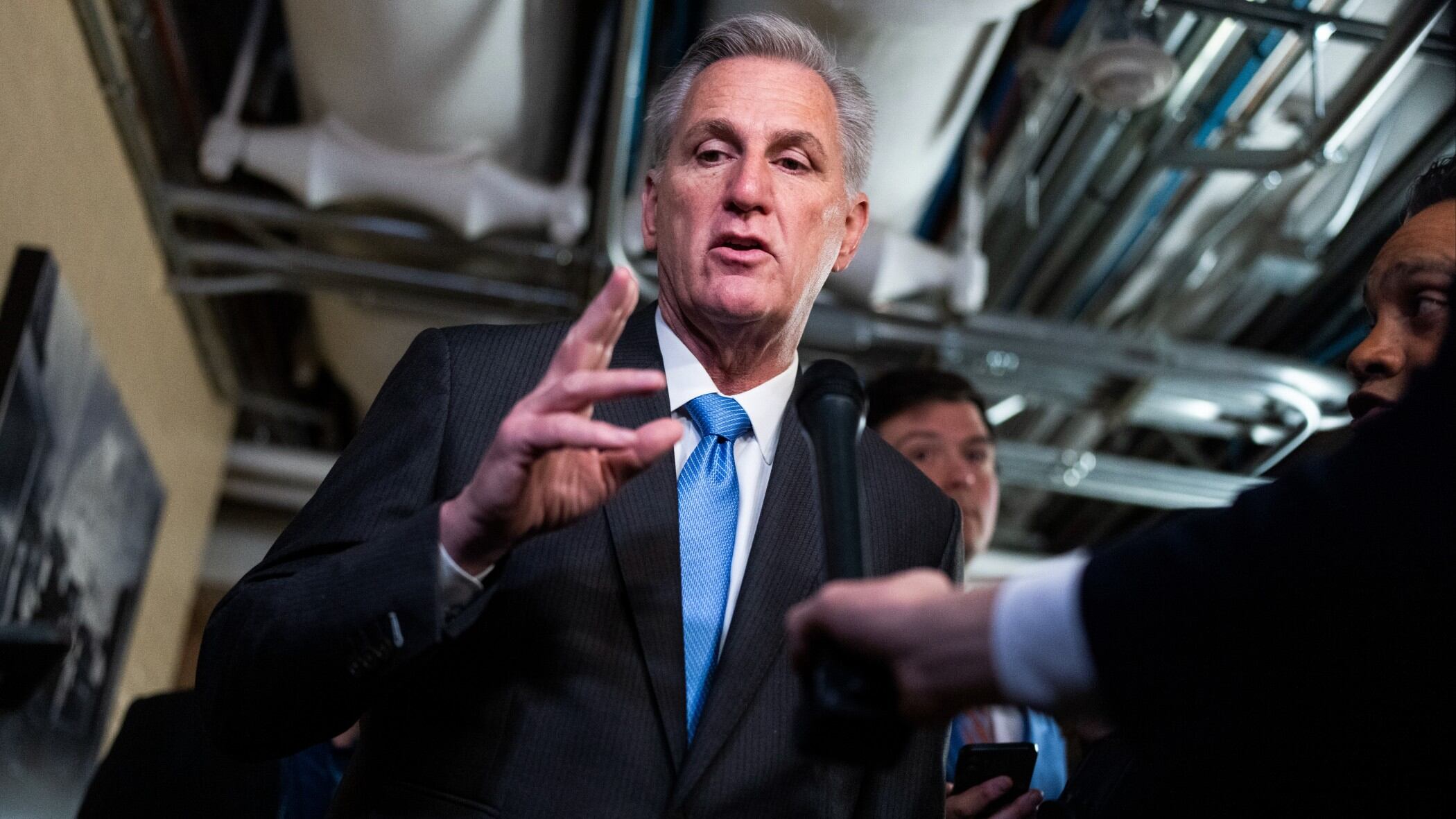
Debt Ceiling Summit Set for Wednesday Between Biden, McCarthy
The House Speaker said he wants to address spending cuts along with raising the debt limit, even though the White House has ruled out linking those two issues together as the government tries to avoid a potentially devastating financial default.
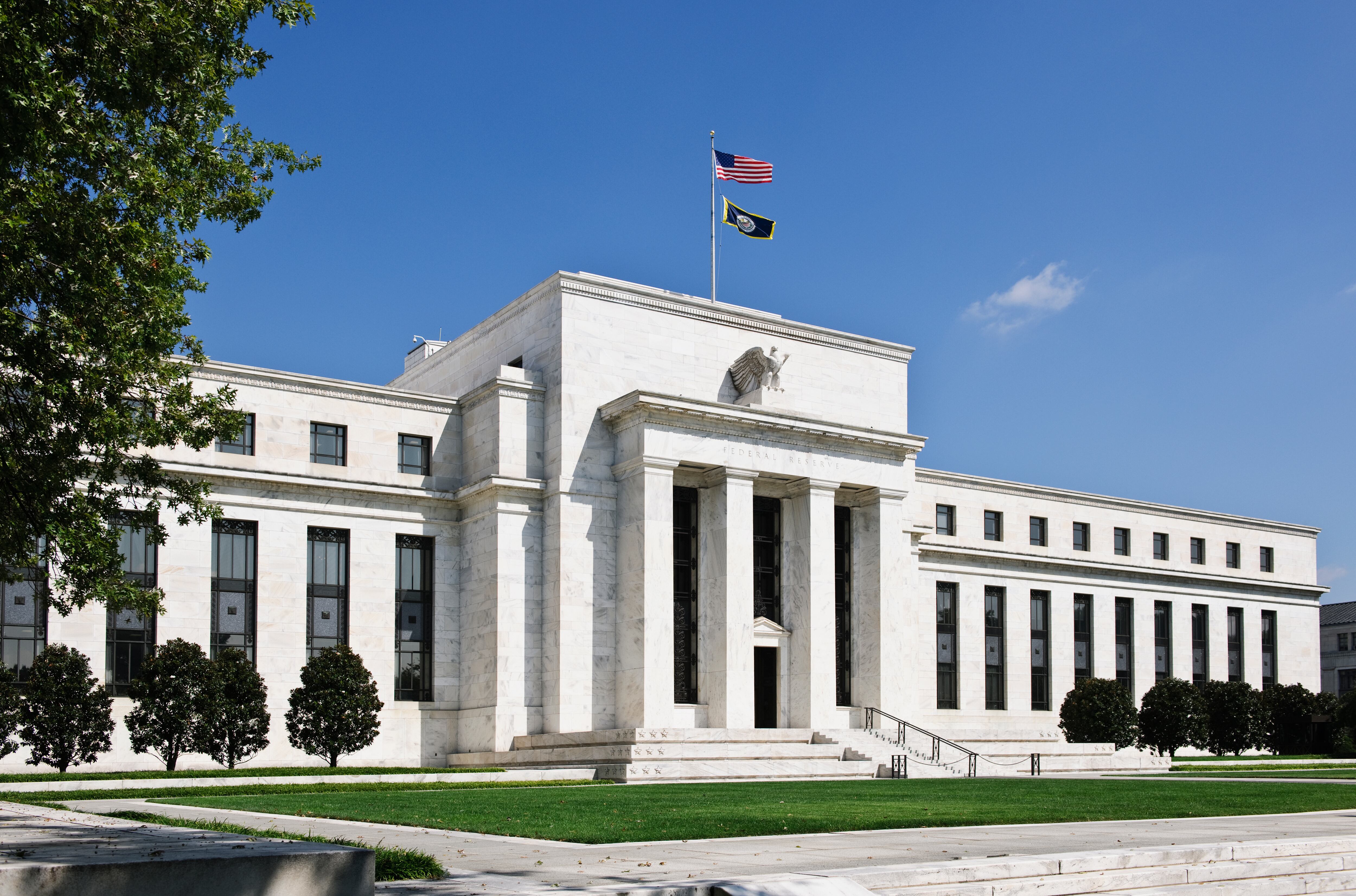
PCE Sees Smallest Annual Gain Since 2021
The Federal Reserve's preferred gauge of inflation showed the pace of price increases is slowing.

Video Shows Struggle for Hammer During Pelosi Attack
Newly released video shows the husband of former U.S. House Speaker Nancy Pelosi fighting for control of a hammer with his assailant during a brutal attack in the couple’s San Francisco home last year.

Today Explained: White House Releases Blueprint for Renters' Rights as Prices Soar
The Biden administration released the "renters' bill of rights" as rent prices soar.
